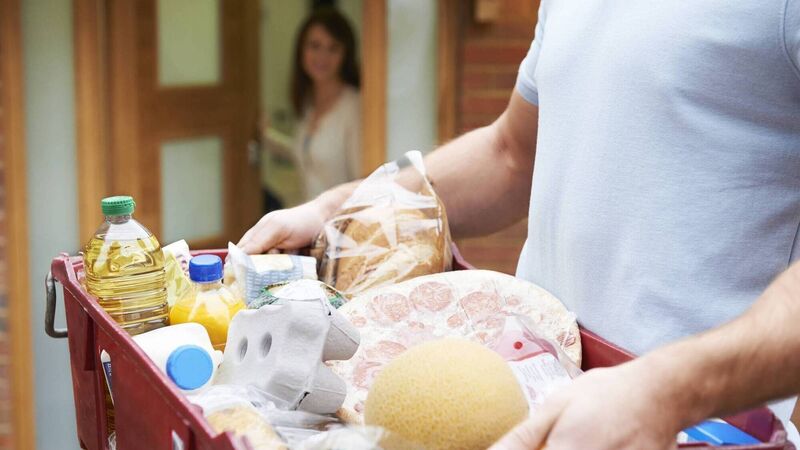Donal Hickey: Food waste is a big problem for our pockets and for the planet

Irish households generate around 220,000 tonnes of waste, with bread and bakery items making up 42% of that. The average household throws out 120kg of food each year, though a significant amount of this food is suitable for consumption
As budget-aware parents try to avail of back-to-school food promotions in supermarkets, there’s an obvious means of saving that’s often overlooked — cutting out wastage.
With food prices rising — the shopping basket that five years ago cost €150, now sets you back €225 — people look for ways of slashing costs.








